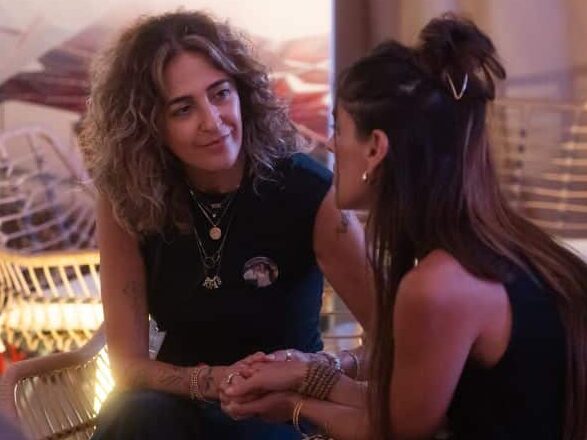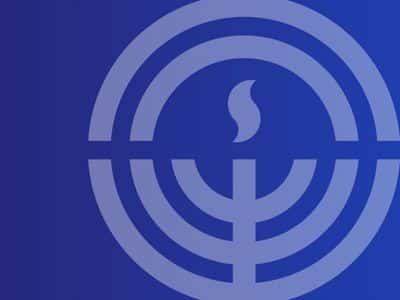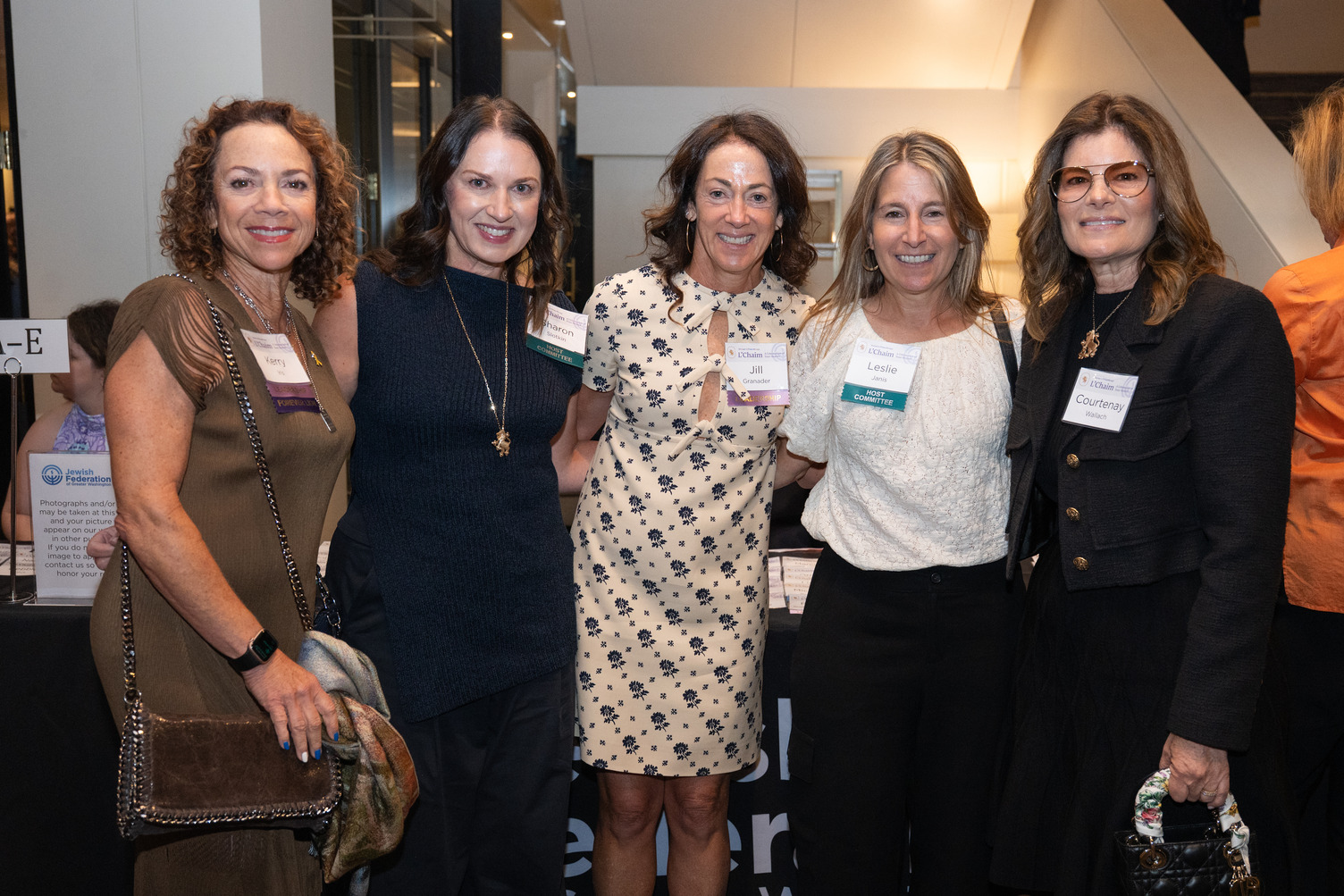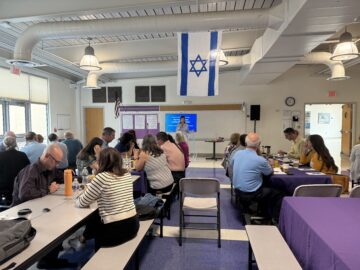Making Space for Ourselves

Over the past several weeks, I’ve spoken with donors, volunteer leaders, Federation staff, and colleagues across Jewish organizations, all seeking to understand how to make sense of this moment of division and conflict.
Each one of us can name the many divisions that exist within our country, our community, the Jewish people, and often within our own families. What struck me most, however, in my many conversations, were the fractures and struggles that exist within each one of us. Some feel uneasy about how national leaders address antisemitism on college campuses yet relieved the issue is finally receiving attention. They are grappling with the rise of antisemitism and anti-Israel sentiment and with the complexity of how best to respond.
Most commonly, however, the conversation evolves to questions about Israel, Hamas, Gaza, Palestinians, and the hostages. Many people deeply believe in the need for Israel to eliminate the threat posed by Hamas and to ensure the horrors of October 7 never happen again. They see the war as an existential one to Israel’s survival and by extension of the future of the Jewish people. For many, Israel is a cornerstone of Jewish identity and safety. Our fear is not only what happens on the ground, but also about what it means for Jewish life, security, and solidarity around the world.
And, at the same time, many of these same people are deeply struggling with what they read every day about the number of lives lost, the level of hunger that may exist in Gaza and a war with no end in sight, and the devastating possibility that the hostages will not return home. One person stated that they felt ashamed, both by the actions of the Israeli government and by the part of themselves that believes these actions may be necessary to ensure a safe and secure Jewish future. That tension stayed with me. For many, this moment is not about certainty, but about navigating conflicting truths: fearing what inaction might invite, while grieving what action demands.
Another person shared that they’ve been waiting, hoping that Israel’s actions might eventually bring about something redemptive. That we would be able to say, “This is why,” and find some clarity or affirmation in the face of so much pain and that the broader world would finally understand. But that moment hasn’t come. And for some, it’s beginning to feel like it may not. What once felt like hopeful anticipation has become another layer of grief and shame.
One of our greatest challenges, both in conversation and as a community, is resisting the impulse to expect ourselves or others to have clarity when there is none. These are morally complex times. The struggle many are experiencing is about identity. What does it mean to be Jewish, to live our values, when we are confronted with human suffering, fear, a longing for justice, and a sense of abandonment?
As the Jewish Federation, we strive to be both clear in our values and aspirations for a vibrant Jewish community while creating space for honest conversation that does not demand clarity or agreement. By recognizing that those with whom we are speaking may also be struggling within themselves, we can begin to soften the divides that exist between us and stay in relationship through the uncertainty and discomfort.
As we move forward, I continue to believe in the power of this community to show up for one another, hold space for complexity, and lead with compassion. Our perspectives may differ, but the emotions we carry can still connect us. In a moment that could pull us apart, our shared experience can hold us together.
Thank you for your partnership, your courage, and your commitment.



